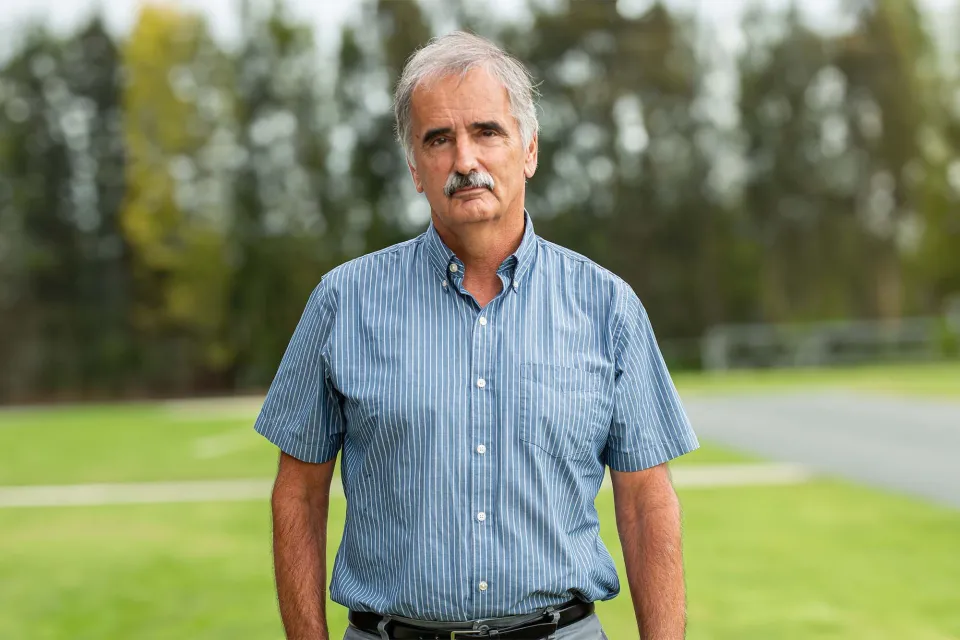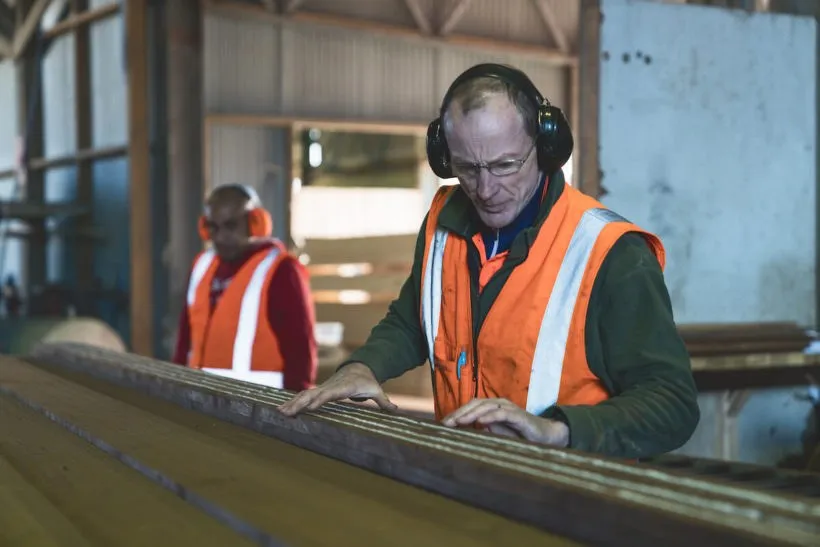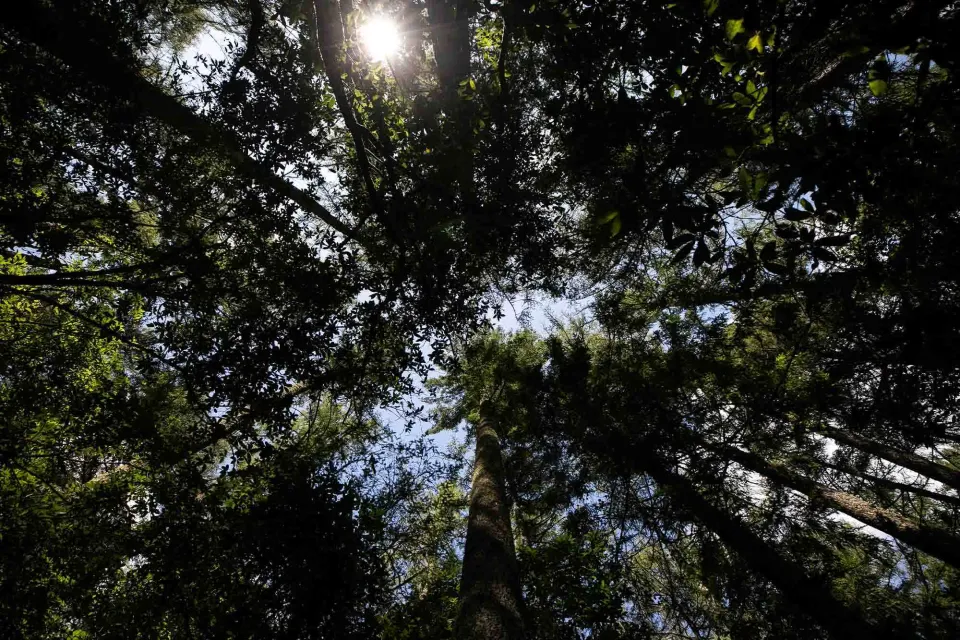-
About
-
Products
- By Timber Product
- Cladding
- Decking
- Screening
- Panelling
- View all
- By Application
- Exterior Cladding / Siding
- Exterior Rain Screen
- Interior Walls & Ceilings
- Soffits
- Screening, Fins & Battens
- Windows, Doors & Joinery
- Posts & Beams
- Accessories
- Coatings
- Fixings
- Samples
-
Resources
- Projects
- Contact
Not All Thermally Modified Wood is Created Equal
Abodo Vulcan timber performs highly in stress tests when compared with chemically treated and untreated timbers.
Distinguished Professor and expert in Forest Biology, Environmental Science and Plant Pathology, Dr Jeffery Morell is highly qualified to review these external tests, which compare the performance of differently treated timbers.
Dr Morell has been pivotal in establishing the National Centre for Timber Durability and Design Life at the University of the Sunshine Coast in Australia and serves as Chair for both the Waterborne Preservative Committee for the American Wood Protection Association and the Committee TM-012 for Standards Australia, which deals with timber durability.
His review looks into results of a range of tests, which largely pit thermally modified products created at different temperature points against chemically treated and untreated timber. He finds that the high temperature of 230°C used for Abodo Vulcan’s thermal modification process creates a product with a low moisture content, which helps reduce decay from soil and above ground exposure. Those thermally modified products treated at a lower temperature did not perform as well.
He also finds that Abodo’s preservative options for termite zones, that include insecticide, helps to protect Vulcan from termites, while untreated thermally modified timbers were prone to attack.
Additionally, the review states that Vulcan timber performs at a similar rate to western red cedar when it comes to durability, which helps to prove the legitimacy of Abodo’s quest to create rapidly renewable alternatives to old growth timbers from ancient forests. to these old growth timbers.
With over 15 years of testing and data to support Abodo’s proprietary method of creating thermally modified radiata pine, Abodo’s deep knowledge is clearly serving them well in helping to deliver robust products to the market.



